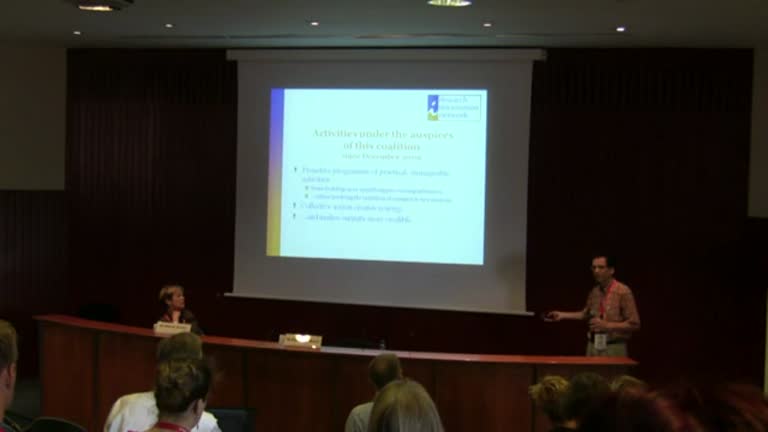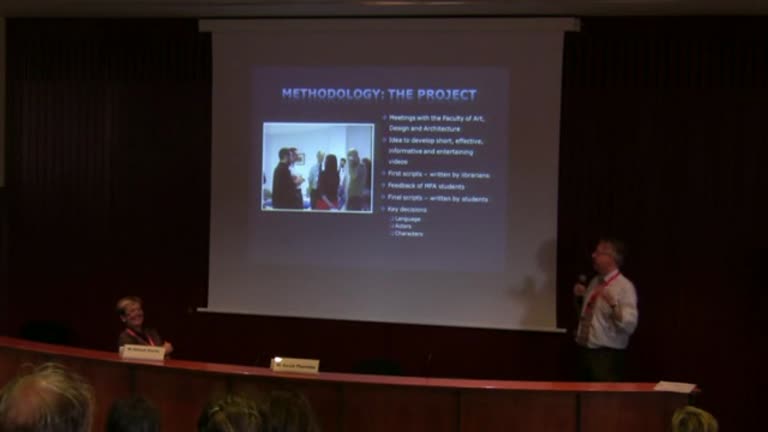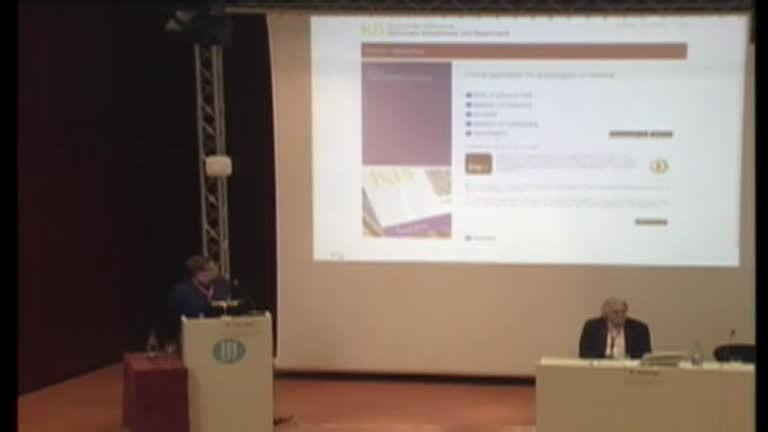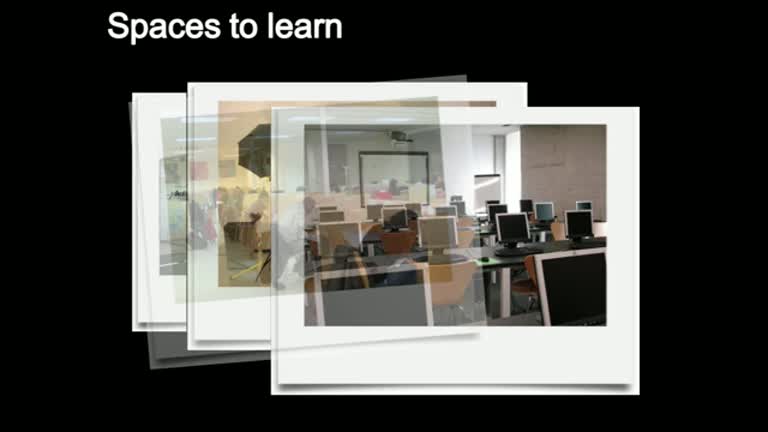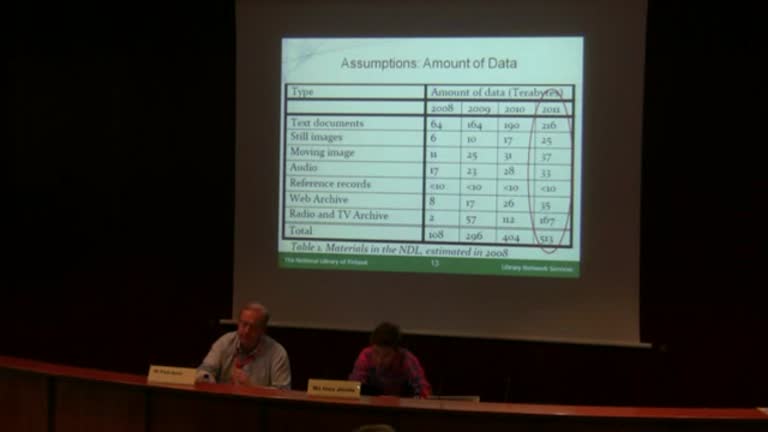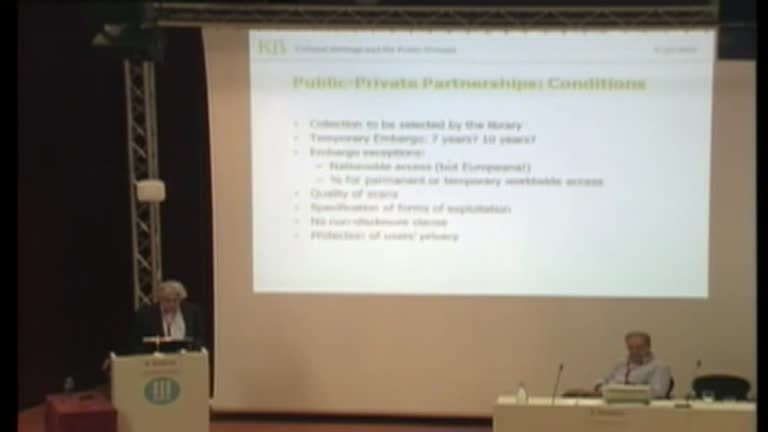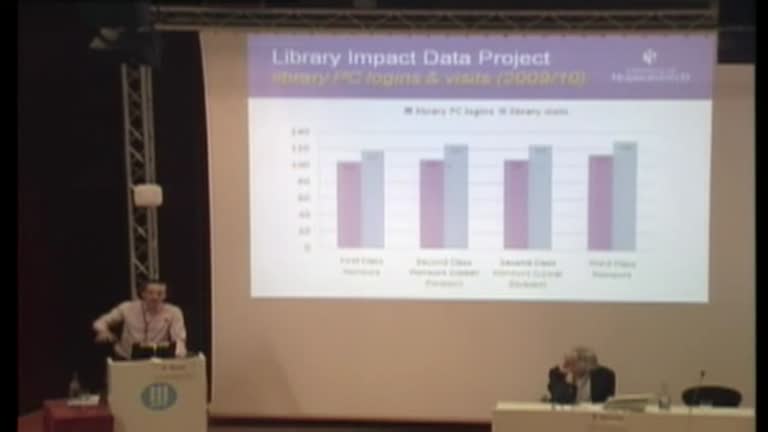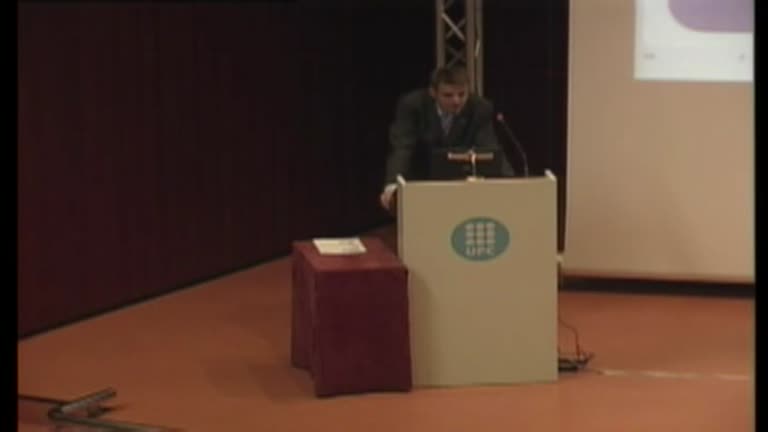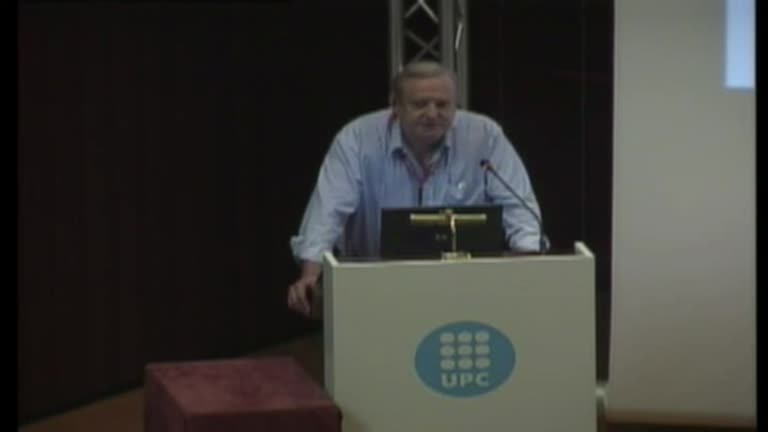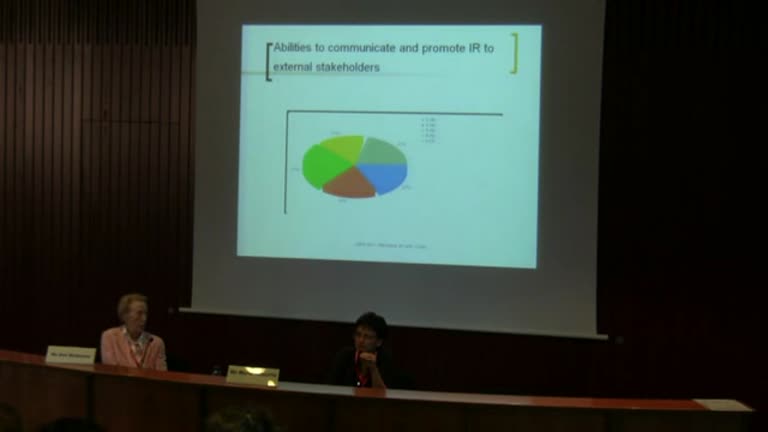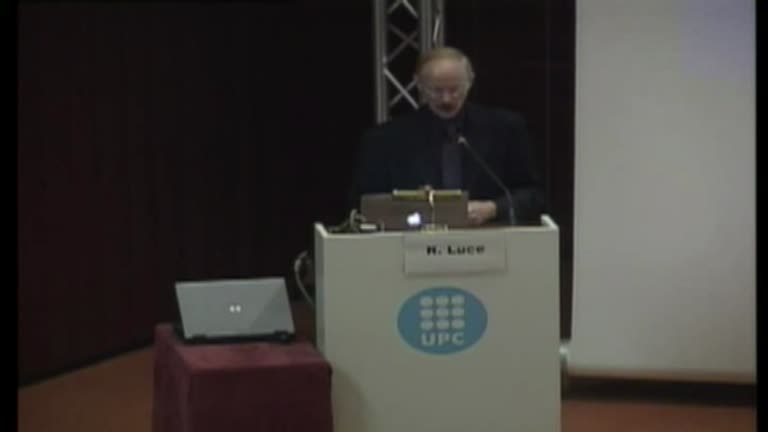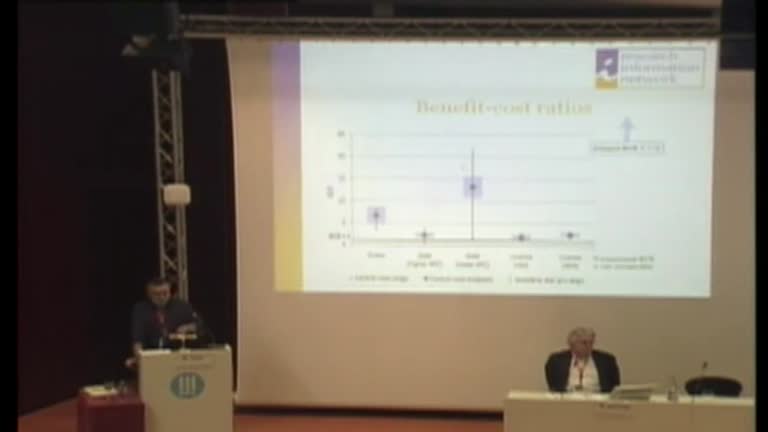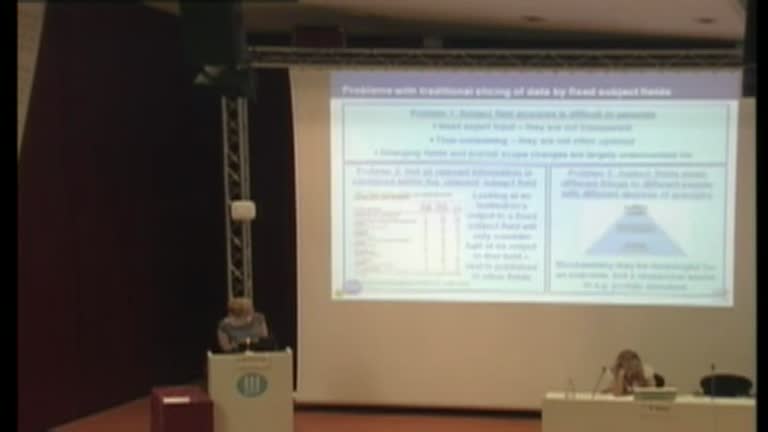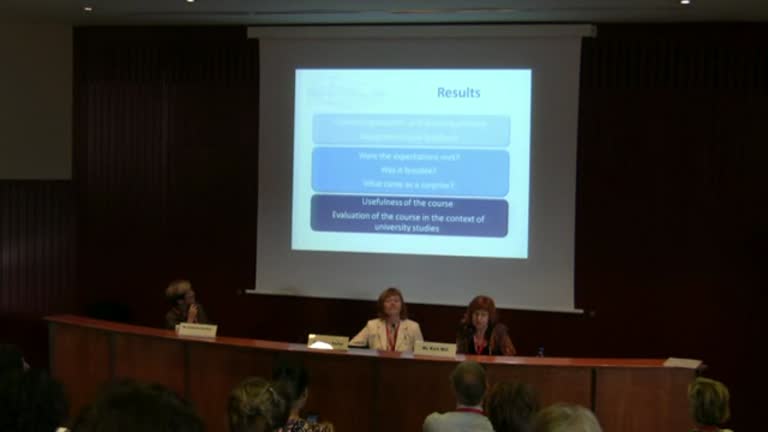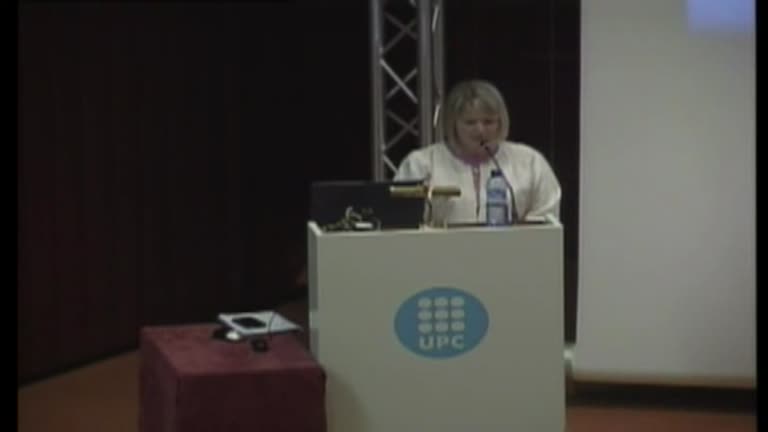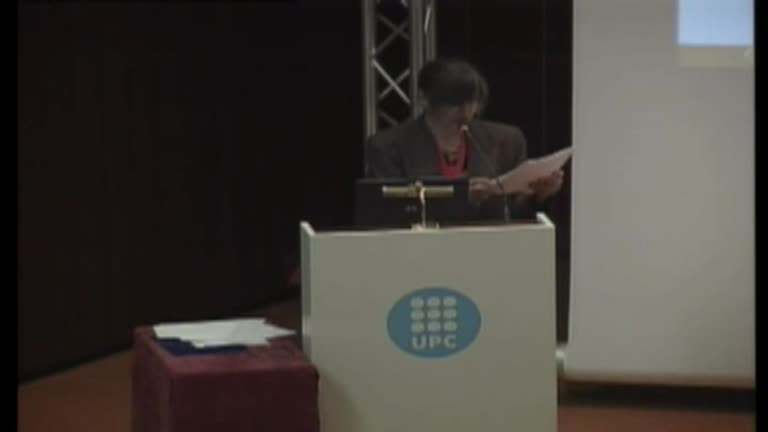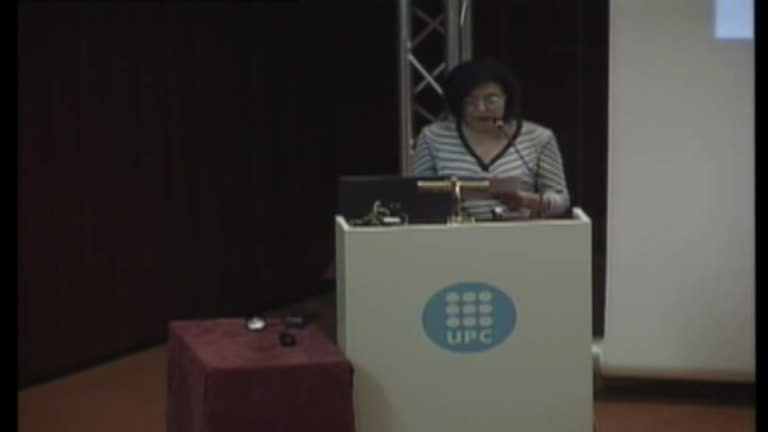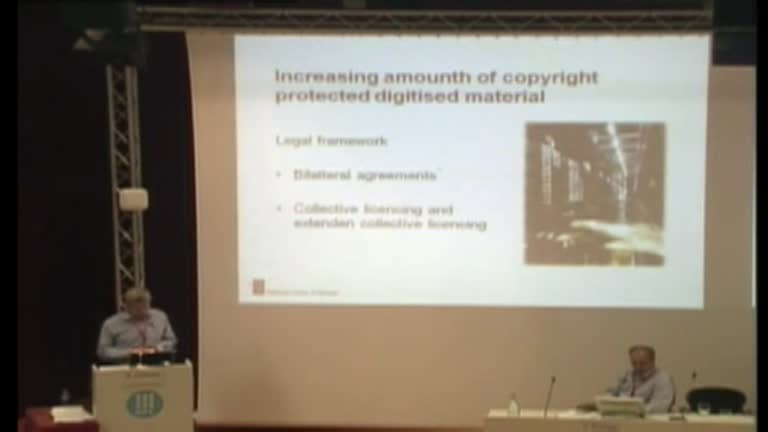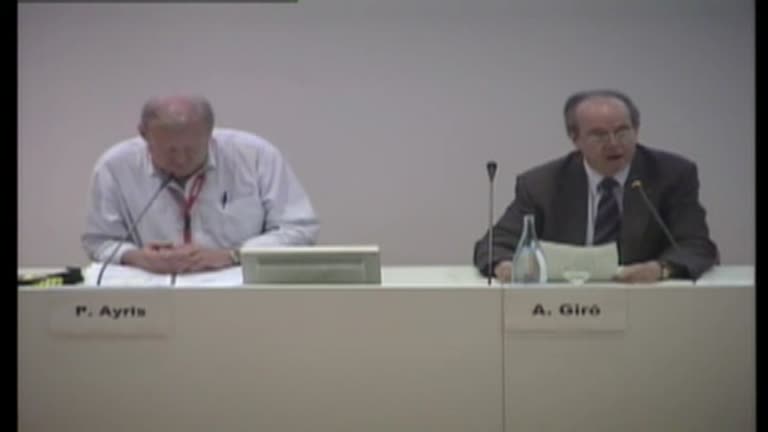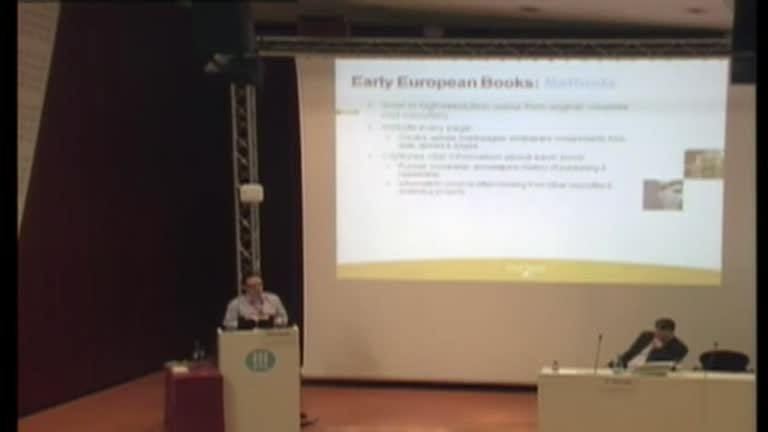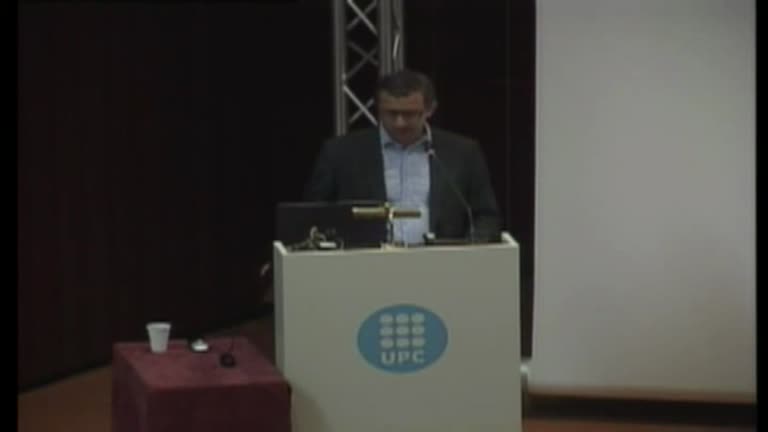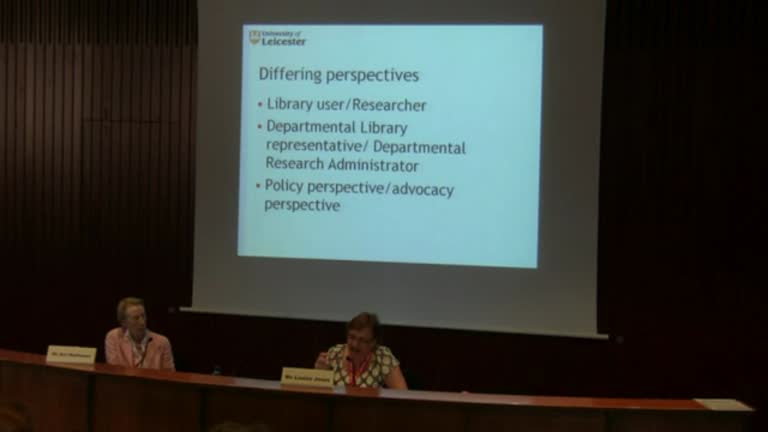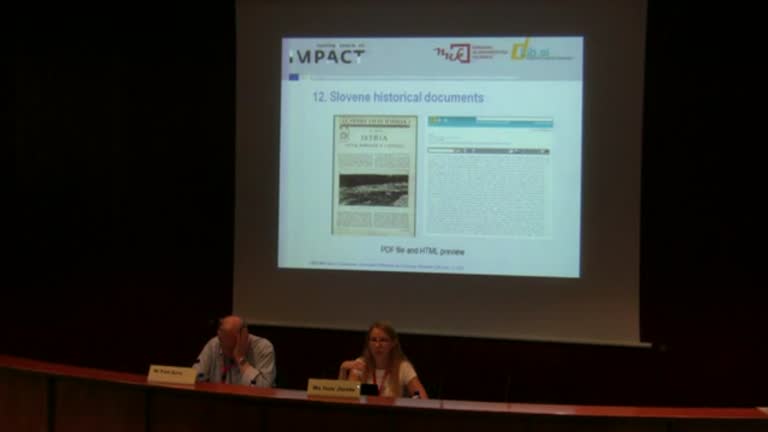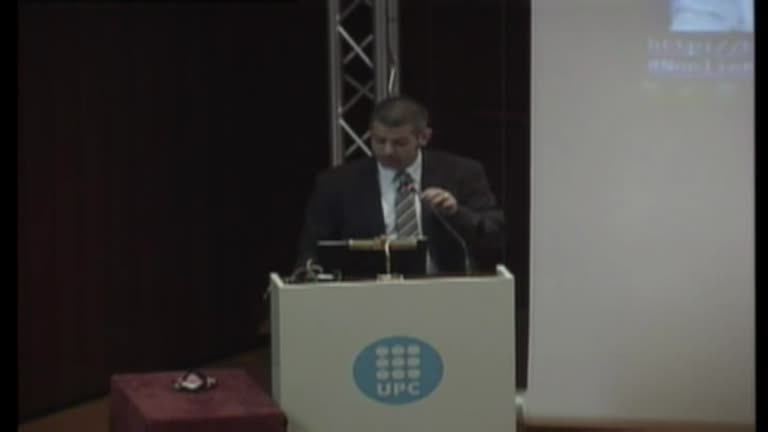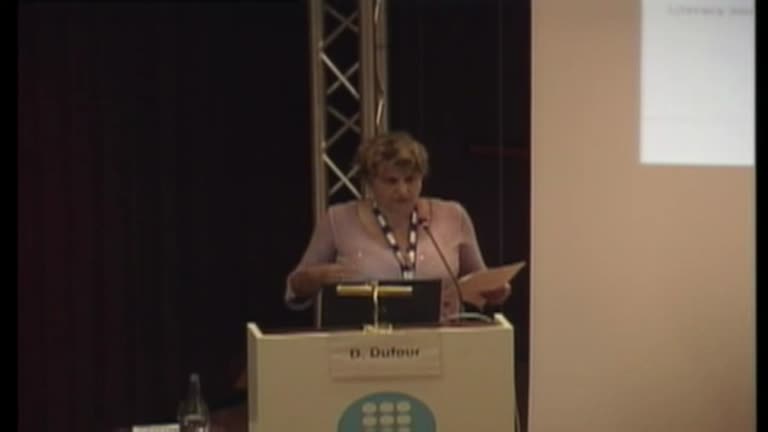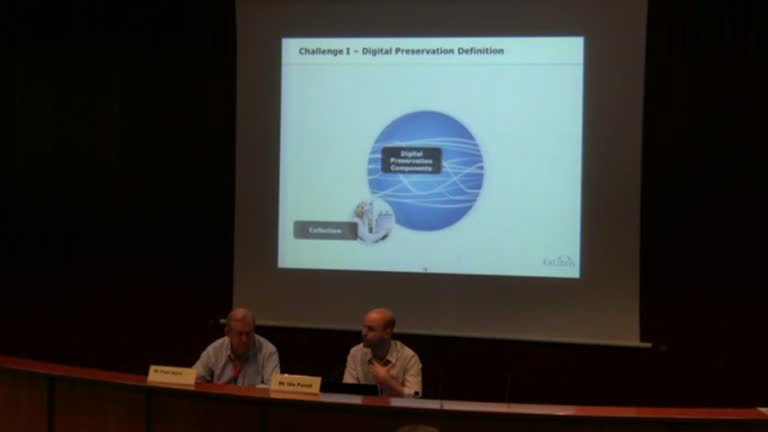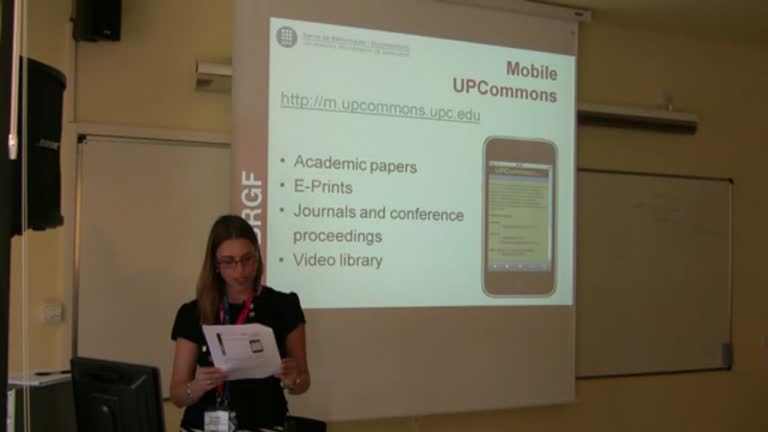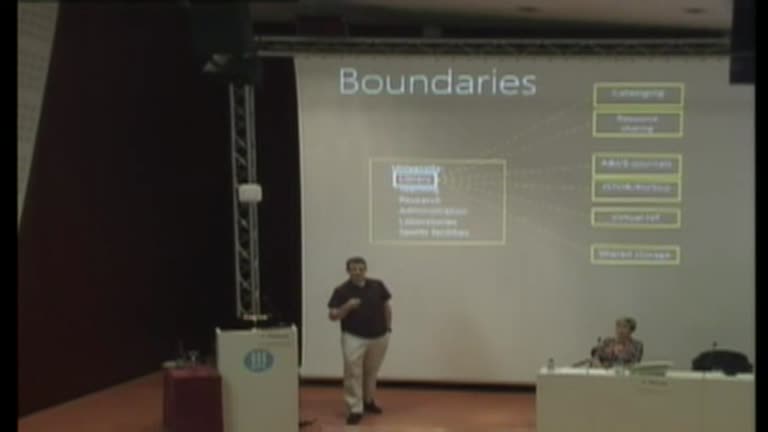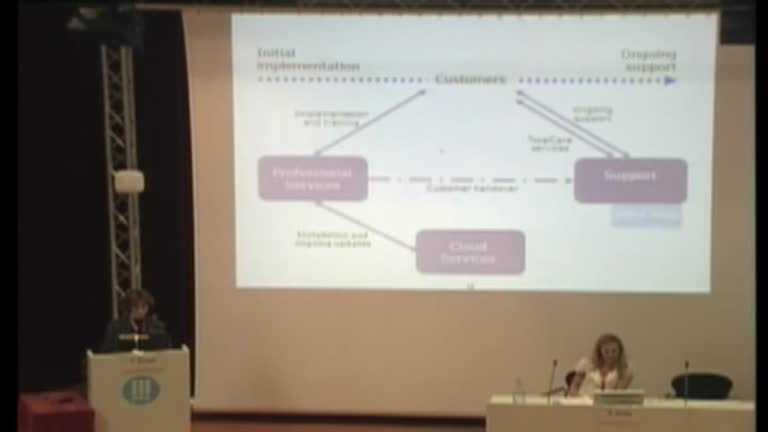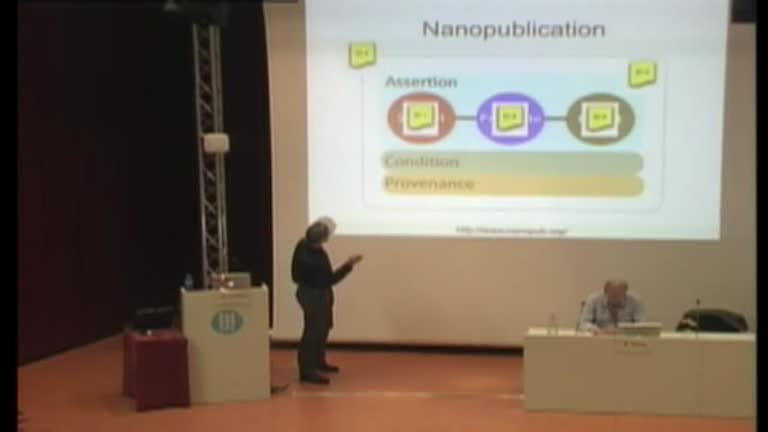The open access movement in scholarly communication has considerably grown over the last ten years, and has subsequently driven an increase in the establishment of institutional repositories (IRs). This change led to develop and to define new professional roles and skills for the IRs’ effective management.
Traditionally, metadata curation has been regarded as a strategic element for repositories and therefore the library and information community has taken up the management of these digital archives. However, it has become clear that traditional librarian professional skills, such as metadata expertise and curation, leave now the way to a richer set of skills such as management and communication skills, technical skills as well as expertise on access rights and on preserving digital content.
Vídeos de la mateixa sèrie
A partnership approach to promoting information literacy for higher education researchers
This is the rationale for the creation of a coalition of partners, including information professionals, graduate school personnel, data management specialists, research supervisors and researchers. The programme of work overseen by this partnership has involved engaging with and building on existing initiatives, as well as initiating its own projects.
All the world’s a stage: Improving students’ information skills with dramatic video tutorials
An integral approach to digital information delivery in The Netherlands
A significant number of documents, however, is only available to specific user groups (e.g. library members, students or researchers), or only remotely accessible by paying a fee.
This paper will discuss an approach to delivering information that focuses on creating on-line access to relevant scientific information to remote end-users. This integral vision is currently realized in two pilot projects, in cooperation with Dutch public libraries, research institutes and publishers.
Costs and benefits of a shared digital long-term preservation system
The analysis was based on the assumption that a large number, perhaps as many as 200, of archives, libraries, and museums will share a preservation system. The term ”system” shall be understood as encompassing not only information technology, but also people, organizational structures, policies and funding mechanisms.
The cost analysis shows that a preservation system will incur, over 12 first years, cumulative costs of 42 million euros. If a dark archive will be built, the costs will increase by 3.4 million euros. Human resources and investments on information technology are the major cost factors. After the initial stages, the analysis predicts annual costs of circa 4 million euros.
Cultural heritage and the public domain
Does library use affect student attainment? A preliminary report on the library impact data project
Establishing a research information system as part of an integrated approach to information management: best practice at the Karlsruhe Institute of Technology (KIT)
At present KIT, under the chairmanship of its executive board, is installing an extensive current research information system (CRIS) covering all institutes and facilities of the organization.
This project is based on the fact that a consistent overview on research performance has become fundamental for the international competition of research institutions and is increasingly important for strategic decisions on the executive level.
Establishing the library landscape in Europe: LIBER's portfolio of EU projects
Fostering new roles for librarians. Skills set for repository managers: results of a survey in Italy
Traditionally, metadata curation has been regarded as a strategic element for repositories and therefore the library and information community has taken up the management of these digital archives. However, it has become clear that traditional librarian professional skills, such as metadata expertise and curation, leave now the way to a richer set of skills such as management and communication skills, technical skills as well as expertise on access rights and on preserving digital content.
From here to the clouds: eResearch and the research library
Heading for the open road: costs and benefits of transitions in scholarly communications
How to assess the influence of research - translating user feedback into tools
How to teach information literacy relevant to students: an online credit course model from the University of Tartu Library
Increasing access to special collections
Managing research information for researchers and universities
Mass-digitization at the Complutense University Library. Access and preservation of its bibliographic heritage
In September 2006 the Complutense University of Madrid and Google signed a partnership agreement intended to large-scale digitization of our collections in the public domain.
New business models and legal framework for dissemination of digital content
ProQuest’s Early European books
Putting 600,000 books online: the large-scale digitisation partnership between the Austrian National Library and Google
The announcement of the project "Austrian Books Online" in June 2010 triggered a broad public discussion regarding private co-financing of large-scale digitisation. A report recently published by the EC’s "Comité des Sages" emphasises the importance of public private partnerships in reaching the aim of bringing a critical mass of Europe’s cultural heritage online and mentions the Austrian National Library’s project.
In this partnership, Google is financing digitisation, full-text creation and book transportation while the Austrian National Library is bearing the costs for metadata creation, internal logistics, storage of the library’s digital copies and online accessibility. The library will receive a copy of each digitised book. Users will be able to access the digitised books via Google Book Search and via the library’s Digital Library. They will also be able to find the books in a normal Google search as well as in Europe’s cultural heritage portal Europeana.
Research support services: the rationale for a new partnership and roles at the University of Leicester Library
Role of National and University Library of Slovenia in a multinational research project (IMPACT): a case study
Science and culture in the EU’s Digital Agenda
Social Media in European Libraries
The challenges of building a digital preservation system
While many organizations have systems in place for storing and managing digital objects, these systems are not always designed with preservation in mind. Digital preservation is about guaranteeing the continued usability of and access to digital content tomorrow and well into the future. Although preservation focuses on risk management, we would be mistaken if we equated preservation with backup or disaster recovery.
The handheld library. Developments at the Rector Gabriel Ferraté Library, UPC
For several years the BRGF has implemented a considerable amount of technological features that have distinguished the library because of its technological vocation, but only those regarding mobile services are listed here.
We consider that the paper could be useful for libraries investigating new technological innovations to communicate and deliver their services to users in a moment when mobile services are an emerging topic in librarianship and information science literature.
By detailing the successive steps that have defined the as yet unfinished process to construct our mobile services portfolio we intend to present a detailed picture of the mobile services and features offered by the library in the university from a case study perspective.
The research library, the university and the network
The transition to cloud-based library services - a vendor’s perspective
Towards machine-actionable scholarly communication
The presentation will provide an insight in this ongoing evolution, and will provide concrete illustrations of this trend. It will also zoom in on research data as a new first class objects in digital scholarly communication, some of the challenges related to fully integrating this newcomer, and opportunities and challenges for libraries with this regard.


